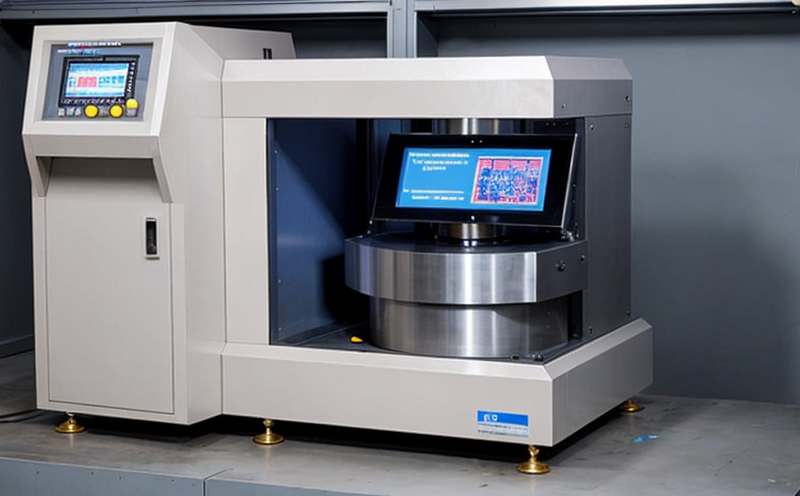ISO 5458 Geometrical Tolerancing of AM Products Testing
The ISO 5458 standard is a cornerstone in ensuring geometrical tolerancing accuracy for additive manufactured (AM) products. This testing service plays a pivotal role in verifying the dimensional integrity and precision of parts produced via 3D printing, which are increasingly used across various sectors including aerospace, automotive, medical devices, and consumer electronics.
The process involves meticulous examination using metrological instruments such as CMMs (Coordinate Measuring Machines), laser scanners, and optical comparators. The testing adheres to the principles outlined in ISO 5458, which specifies how geometrical tolerances should be defined for products manufactured by AM processes.
Before any measurement process begins, specimens are carefully prepared based on industry best practices to ensure that they accurately reflect the actual part geometry. This preparation includes cleaning, handling with care, and positioning in a manner that does not introduce additional errors into the measurements. The testing apparatus used is calibrated regularly according to ISO standards to maintain accuracy.
The metrological instruments employed for this service are capable of capturing minute details critical for geometrical tolerancing, which can vary widely based on part geometry and AM process parameters. For instance, in complex assemblies like medical implants or aerospace components, the ability to measure small deviations within micrometers is crucial.
The testing procedure involves multiple steps: initial setup of the specimen with the metrological equipment, calibration checks, actual measurement runs using the appropriate ISO 5458 tolerancing criteria, and finally, detailed reporting. The reported data includes not only the measured values but also a comprehensive analysis of compliance or non-compliance with ISO 5458 specifications.
The accuracy of these tests is critical as even minor deviations in geometrical tolerances can lead to functional failures or safety issues in high-stakes applications like medical devices. Compliance with ISO 5458 ensures that parts are not only dimensionally accurate but also meet stringent quality and reliability standards, enhancing the trustworthiness of AM products.
The service provided here is tailored to meet the specific needs of manufacturers and R&D teams who require assurance about the geometrical accuracy of their additive manufactured components. This testing is particularly important for ensuring that parts integrate seamlessly into larger assemblies or perform critical functions without error.
Applied Standards
- ISO 5458: Geometrical tolerancing of AM products
- ASTM F42 - Additive Manufacturing Terminology
- EN ISO 9001 - Quality management systems
Benefits
- Enhanced confidence in the quality and reliability of AM products.
- Avoidance of costly rework or scrap due to non-compliance with geometrical tolerances.
- Meeting stringent regulatory requirements for product safety and performance.
- Promoting trust among customers and stakeholders by demonstrating adherence to international standards.
Customer Impact and Satisfaction
- Customers receive detailed reports that outline the geometrical tolerances of their AM products, ensuring they meet specified ISO 5458 criteria.
- The testing service supports customers in achieving compliance with international standards, thereby enhancing their reputation in the market.
- By identifying and rectifying issues early in the manufacturing process, this service minimizes delays and costs associated with rework or scrap.





